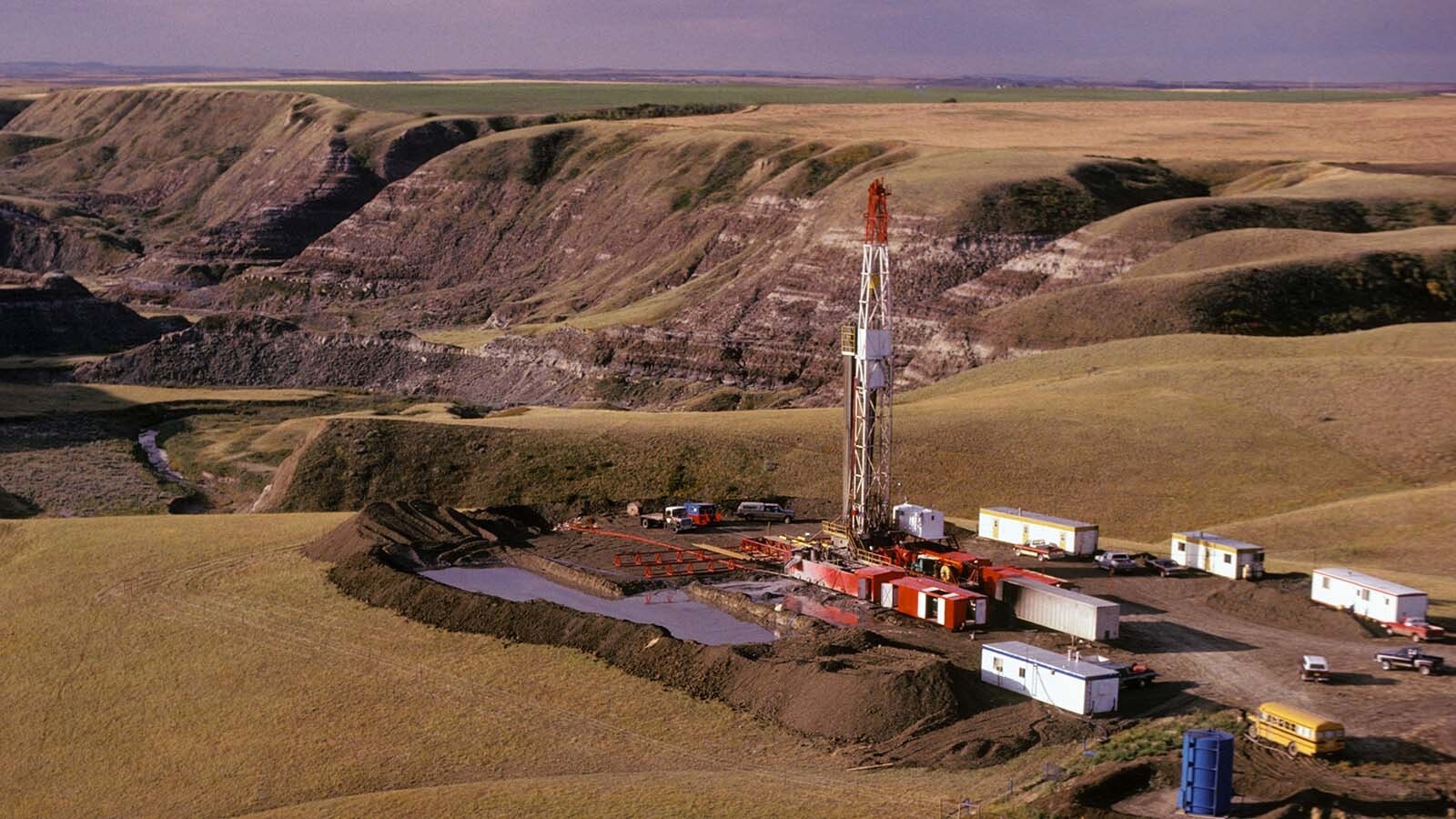Supporters of Wyoming’s coal industry say some of the state’s media outlets are negative and biased against it, which is not good for what Wyomingites pay for energy or the state’s economy.
Rep. John Bear, R-Gillette, said many newspapers and radio news stations in the state follow the lead of what’s in the national media, such as The Associated Press.
“It ends up being more of a national, left-leaning viewpoint more than it is a Wyoming viewpoint,” Bear said.
300 Businesses
On Sunday, the Casper Star-Tribune editorial board published an editorial arguing that efforts to protect the state’s coal industry are ultimately harmful. The board compared such efforts to swimming against a current.
“You can plow headlong into the rushing waters, but it will only leave you tired and in danger of drowning,” the board wrote.
Bear said that the economic loss of ending Wyoming’s coal industry shouldn’t be underestimated.
“I would never get in the way of any kind of diversification,” Bear explained. “Any kind of jobs we bring in I find beneficial to our community.”
However, he estimates that about 300 average-size businesses would need to be created to match the tax revenue from just one of Campbell County’s coal mines.
“And we don’t have the workforce for 300 average-sized businesses,” Bear said.
To replace the 12 coal mines in Campbell County, Bear said the state would need to recruit 5.5 million people just to fill all the positions in these businesses.
“Even the local papers here in Campbell County do lean left when it comes to this issue, and this county is a huge beneficiary of coal, oil and gas,” Bear said.
Energy Poverty
Diemer True, a former Wyoming senator who began working in his family’s oil businesses in the late 1960s after graduating from college, told Cowboy State Daily the Star-Tribune editorial was “disappointing” because it ignores the impacts of energy poverty on Wyoming residents and the state’s economy.
“Coal is very economical. It keeps our electric cost down,” True said.
Renewable energy proponents claim that wind and solar are the cheapest form of energy, but these cost estimations don’t include all the costs associated with adding intermittent sources to the grid.
According to Consumer Price Increase data, American consumers paid 14.5% higher electricity costs on average over that of 2021, which was double the overall 6.5% rise in prices.
Rocky Mountain Power, the state’s largest utility, requested from the Wyoming Public Service Commission a long-term rate hike of 21.6% and last week, the company announced it would ask for an additional 8% increase.
The company attributes the cost increases to the cost of natural gas, stemming from increased demand as a result of “extreme weather.”
Besides adding more wind capacity, RMP planning documents show it intends to increase its reliance on natural gas as it shuts down coal plants.
True said abandoning coal will continue to drive up energy costs, as it already has.
“I don't understand why people are so eager to drive so many more millions of people back into poverty. I just don't understand,” he said.
Market Forces
The Star-Tribune editorial board argued there are fewer customers for coal and that legislation won’t change the market.
Travis Deti, executive director for the Wyoming Mining Association, agrees that market forces are working against coal.
“You have folks in Washington and Oregon who are perfectly fine with rolling blackouts, and they are crying for renewable energy and an end to coal. That's a market force,” Deti said.
Deti said the Biden administration also is announcing new regulations on power plant emissions, which are designed to put “coal and oil and gas in their grave.”
“So you've got that political force coming to it. There are a lot of factors,” Deti said.
No Emissions Border
While the U.S. is regulating coal plants out of existence, Bear said, China and India have rapidly increased their construction of coal capacity. This will offset any carbon dioxide emission reductions the U.S. accomplishes by shutting its coal plants.
“There isn't a wall in our atmosphere that keeps the pollution from that part of the world from entering our world,” Bear said.
Wyoming had pursued an export terminal on the West Coast, which would have potentially opened up Wyoming coal mines to serve those Asian markets. Concerned about the impacts to the environment of more coal usage, Washington blocked the permit and a large market that Wyoming mines could have tapped into.
The plants in Asia now burn coal from Australia, which is far dirtier.
True said that carbon capture technologies offer “proven techniques” to allow coal-fired electrical generation to continue to play a role in the state’s economy.
“There are workable options to retain the coal industry as a baseline power source for electricity,” True said.





